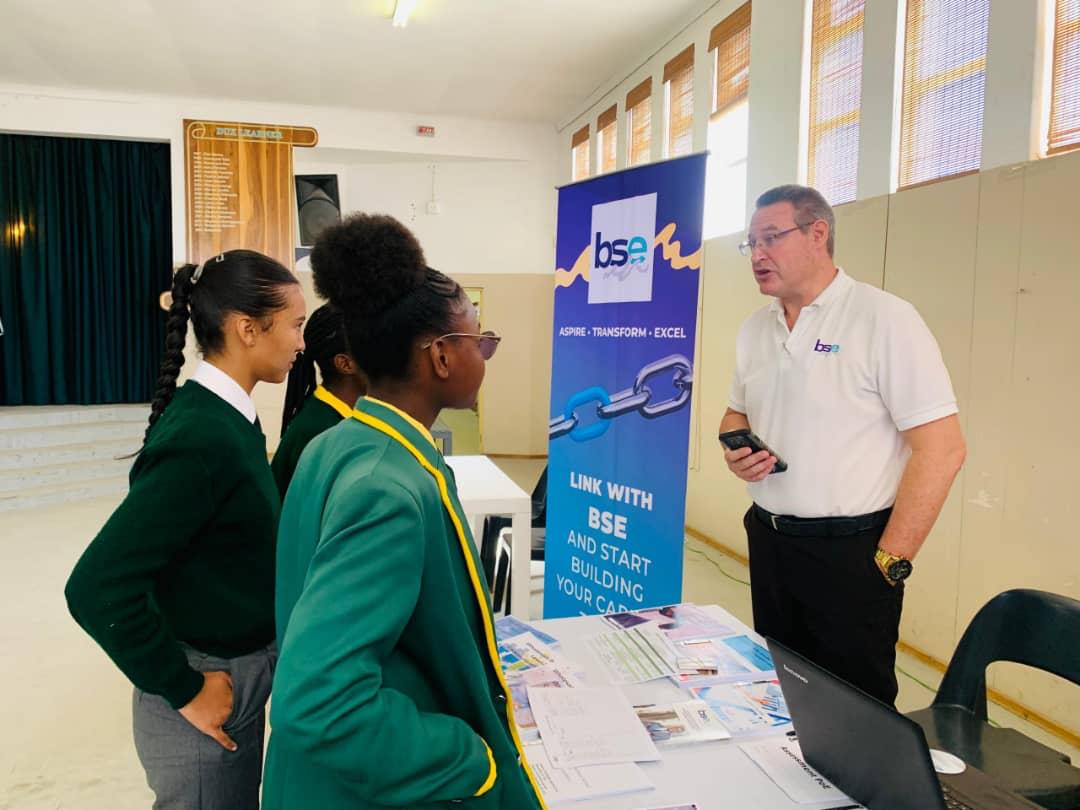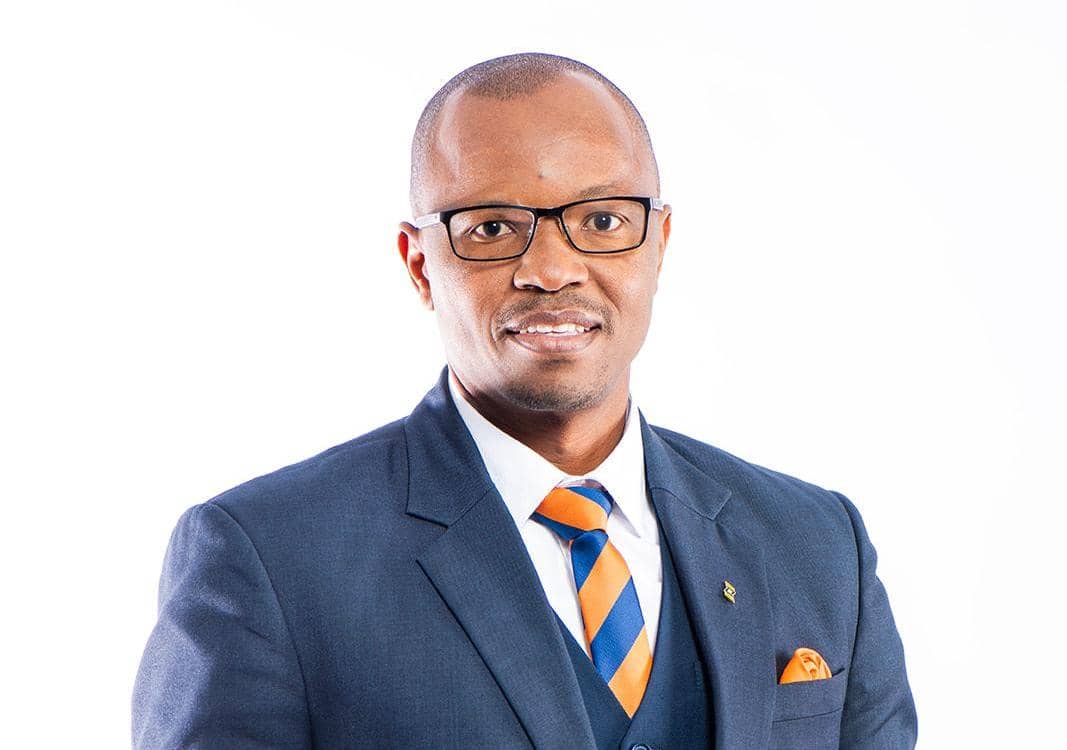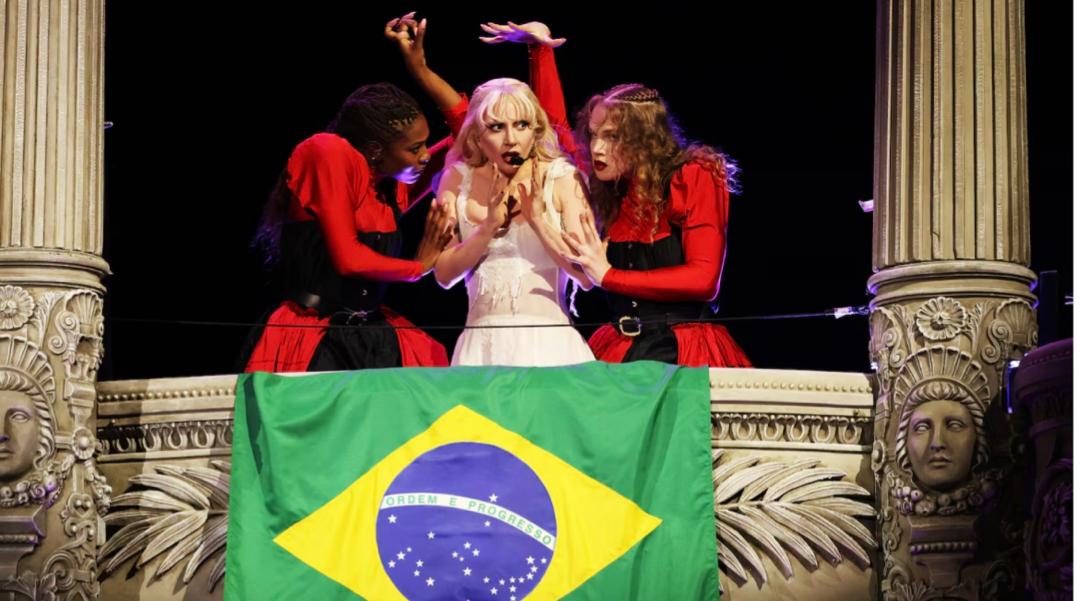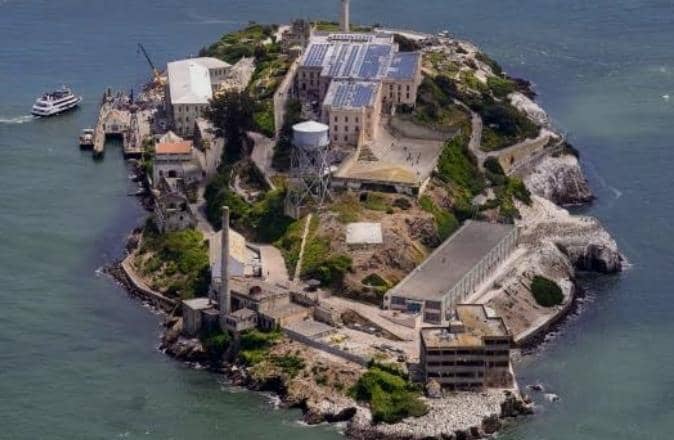LILANDA, Zambia – South Africa, which has emerged from apartheid isolation to become Africa’s economic and diplomatic powerhouse, owes its new influence in part to women like Ruth Ngoma.
Ngoma, sitting in her shack in this poor suburb on the edge of Lusaka, hasn’t seen much of a pay-off. “How life is miserable,” said 49-year-old Ngoma, who once offered sanctuary to Thabo Mbeki and other members of South Africa’s now ruling African National Congress (ANC) when they were on the run from their homeland’s white government.Mbeki is now president of a democratic South Africa, which this year marks 10 years since the fall of apartheid.Its firms are expanding across the continent, its military is the mightiest in Africa, and its leaders strut the global stage as powerful champions of the developing world.None of this would have been possible without the governments and ordinary people in Africa’s so-called “Frontline States” — which hastened the end of white rule by pressing for sanctions and assisting the exiled ANC.But in the growing shadow of the new South Africa, neighbours such as Mozambique, Tanzania, Zimbabwe and Zambia are beginning to wonder if their role in the liberation struggle of the 1970s and 1980s has been overlooked.MADE IN SAAs the ANC headquarters-in-exile, Zambia’s capital Lusaka bore the brunt of South Africa’s military assaults on countries the apartheid state suspected of hosting ANC training camps.Like many other African cities, Lusaka these days is home to shiny shopping malls full of goods labelled ‘Made in South Africa’ — clear evidence of the Rainbow Nation’s influence.South Africa’s exports to the 20-member Common Market for Eastern and Southern African (Comesa) countries totalled around US$4,2 billion in 2001 — the last year for which official statistics are available — but Pretoria imported just US$1,26 billion worth of goods from the region.”South Africa has to act to calm nerves in countries that see the trade equation as one-way traffic in its favour,” Comesa Secretary General and CEO Erastus Mwencha told Reuters.South Africa has thrust its economic weight deep into a continent which shunned it for decades, with companies like mobile phone giants Vodacom and MTN and entertainment group Multichoice now part of the landscape of many cities.Vodacom operates in Mozambique, Tanzania, the Democratic Republic of Congo and Lesotho, and is trying to branch into Nigeria where its main rival MTN, which has subscribers in Swaziland, Uganda, Rwanda and Cameroon, already dominates.State-owned South African Airways is the airline of choice across much of the continent.South African-owned hotels and resorts are springing up along the coasts, attracting well-heeled white South African tourists.South African television soap operas — many featuring Hollywood-style scandals and luxurious living far removed from the daily realities of most Africans — are beamed into homes across the continent by satellite.TIMES CHANGESouth Africa’s new sparkle has done little to light up Ngoma’s life, although she says she fondly remembers Mbeki and his ANC colleagues.”Mbeki ate food from this table.He loved fermented milk those days,” Ngoma told Reuters in Lilanda, 20 km southwest Lusaka where many ANC activists and fighters lived.”ANC veterans like Oliver Tambo often came here.They had meetings and planned strategy.Now I only keep those wonderful memories, I have nothing else to show,” she said.Ngoma is now jobless and estranged from her husband.She survives on food handouts from her extended family and local church groups.She could present no proof of her association with Mbeki and the other ANC veterans at her small asbestos-tiled red-brick home.Mbeki’s office did not respond to queries on whether he remembered his one-time Zambian host.But a senior ANC official said many such women existed, and in some instances had been married to ANC figures in exile who left when they went home.Zambia’s founding president and liberation hero Kenneth Kaunda said South Africa’s neighbours had thus far seen little benefit from the country’s rebirth.”It is amazing that apartheid was dismantled.It was at great cost …our people died, bridges were destroyed, other properties and homes were bombed,” Kaunda told Reuters.”We should have worked to get South African franchises to enhance our manufacturing and create jobs.Instead we allowed ourselves to become a trading nation and South Africans sell all types of items here, including eggs and oranges,” he said.Zambia remains one of the globe’s poorest countries with per capita income well below US$300 a year compared to South Africa’s US$3 000, according to the World Bank.Its neighbours have not fared any better, although Zimbabwe’s economic problems are linked to a political crisis now in its fifth year.RECOGNITIONThough some neighbours say South Africa has forgotten what its neighbours did to help it win freedom from apartheid, Public Enterprises Minister Jeff Radebe told African diplomats in a recent speech that Pretoria understands its debt of gratitude.”I am not sure if we could count the actual financial cost to African countries of this state-sponsored terrorism from apartheid South Africa nor could we ever gauge the toll it took on human life,” Radebe said.Mbeki, who took over from anti-apartheid icon Nelson Mandela in 1999 and is expected to easily win a second five-year term in elections in April, has made ‘African Renaissance’ a key plank of his administration — promoting the New Partnership for Africa’s Development (Nepad) as a vehicle to spur investment and develop self-sufficiency on the world’s poorest continent.South Africa has taken the lead in attempting to broker peace deals in the Democratic Republic of Congo and Burundi, where South African troops lead peacekeeping efforts.But such grand vows of solidarity ring hollow in townships like Lilanda.”I always wanted to live and work in South Africa but my dream was not to be.I do not envy Mbeki and his colleagues who lead a top class life while I have nothing,” Ngoma said.”They worked hard, it is just a pity I got nothing out of it.”- Nampa-Reuters”How life is miserable,” said 49-year-old Ngoma, who once offered sanctuary to Thabo Mbeki and other members of South Africa’s now ruling African National Congress (ANC) when they were on the run from their homeland’s white government.Mbeki is now president of a democratic South Africa, which this year marks 10 years since the fall of apartheid.Its firms are expanding across the continent, its military is the mightiest in Africa, and its leaders strut the global stage as powerful champions of the developing world.None of this would have been possible without the governments and ordinary people in Africa’s so-called “Frontline States” — which hastened the end of white rule by pressing for sanctions and assisting the exiled ANC.But in the growing shadow of the new South Africa, neighbours such as Mozambique, Tanzania, Zimbabwe and Zambia are beginning to wonder if their role in the liberation struggle of the 1970s and 1980s has been overlooked.MADE IN SAAs the ANC headquarters-in-exile, Zambia’s capital Lusaka bore the brunt of South Africa’s military assaults on countries the apartheid state suspected of hosting ANC training camps.Like many other African cities, Lusaka these days is home to shiny shopping malls full of goods labelled ‘Made in South Africa’ — clear evidence of the Rainbow Nation’s influence.South Africa’s exports to the 20-member Common Market for Eastern and Southern African (Comesa) countries totalled around US$4,2 billion in 2001 — the last year for which official statistics are available — but Pretoria imported just US$1,26 billion worth of goods from the region.”South Africa has to act to calm nerves in countries that see the trade equation as one-way traffic in its favour,” Comesa Secretary General and CEO Erastus Mwencha told Reuters.South Africa has thrust its economic weight deep into a continent which shunned it for decades, with companies like mobile phone giants Vodacom and MTN and entertainment group Multichoice now part of the landscape of many cities.Vodacom operates in Mozambique, Tanzania, the Democratic Republic of Congo and Lesotho, and is trying to branch into Nigeria where its main rival MTN, which has subscribers in Swaziland, Uganda, Rwanda and Cameroon, already dominates.State-owned South African Airways is the airline of choice across much of the continent.South African-owned hotels and resorts are springing up along the coasts, attracting well-heeled white South African tourists.South African television soap operas — many featuring Hollywood-style scandals and luxurious living far removed from the daily realities of most Africans — are beamed into homes across the continent by satellite.TIMES CHANGESouth Africa’s new sparkle has done little to light up Ngoma’s life, although she says she fondly remembers Mbeki and his ANC colleagues.”Mbeki ate food from this table.He loved fermented milk those days,” Ngoma told Reuters in Lilanda, 20 km southwest Lusaka where many ANC activists and fighters lived.”ANC veterans like Oliver Tambo often came here.They had meetings and planned strategy.Now I only keep those wonderful memories, I have nothing else to show,” she said.Ngoma is now jobless and estranged from her husband.She survives on food handouts from her extended family and local church groups.She could present no proof of her association with Mbeki and the other ANC veterans at her small asbestos-tiled red-brick home.Mbeki’s office did not respond to queries on whether he remembered his one-time Zambian host.But a senior ANC official said many such women existed, and in some instances had been married to ANC figures in exile who left when they went home.Zambia’s founding president and liberation hero Kenneth Kaunda said South Africa’s neighbours had thus far seen little benefit from the country’s rebirth.”It is amazing that apartheid was dismantled.It was at great cost …our people died, bridges were destroyed, other properties and homes were bombed,” Kaunda told Reuters.”We should have worked to get South African franchises to enhance our manufacturing and create jobs.Instead we allowed ourselves to become a trading nation and South Africans sell all types of items here, including eggs and oranges,” he said.Zambia remains one of the globe’s poorest countries with per capita income well below US$300 a year compared to South Africa’s US$3 000, according to the World Bank.Its neighbours have not fared any better, although Zimbabwe’s economic problems are linked to a political crisis now in its fifth year.RECOGNITIONThough some neighbours say South Africa has forgotten what its neighbours did to help it win freedom from apartheid, Public Enterprises Minister Jeff Radebe told African diplomats in a recent speech that Pretoria understands its debt of gratitude.”I am not sure if we could count the actual financial cost to African countries of this state-sponsored terrorism from apartheid South Africa nor could we ever gauge the toll it took on human life,” Radebe said.Mbeki, who took over from anti-apartheid icon Nelson Mandela in 1999 and is expected to easily win a second five-year term in elections in April, has made ‘African Renaissance’ a key plank of his administration — promoting the New Partnership for Africa’s Development (Nepad) as a vehicle to spur investment and develop self-sufficiency on the world’s poorest continent.South Africa has taken the lead in attempting to broker peace deals in the Democratic Republic of Congo and Burundi, where South African troops lead peacekeeping efforts.But such grand vows of solidarity ring hollow in townships like Lilanda.”I always wanted to live and work in South Africa but my dream was not to be.I do not envy Mbeki and his colleagues who lead a top class life while I have nothing,” Ngoma said.”They worked hard, it is just a pity I got nothing out of it.”- Nampa-Reuters
Stay informed with The Namibian – your source for credible journalism. Get in-depth reporting and opinions for
only N$85 a month. Invest in journalism, invest in democracy –
Subscribe Now!










